Tokyo, MINA – Hirofumi Tanada, Professor emeritus of sociology at Waseda University in Tokyo, Japan, said, Japan is now not only a country with many temples and other holy places, but also is open with an increasing number of mosques Muslim houses of worship.
“There are more and more mosques, due to the sharp increase in marriages between Muslims and Japanese citizens and Japanese converts over the past two decades. So that the number of mosques has increased sevenfold,” he said as reported by The Asahi Shimbun on Sunday.
According to him, Japan is now home to more than 200 thousand Muslims.
A study by Tanada and his colleagues showed there were 113 mosques across Japan as of March 2021, up from just 15 in 1999.
Also Read: Sudanese Army Rejects US Ceasefire Proposal, Vows to Mobilize Against RSF
The figure is based on government statistics, the percentage of Muslims in the population by country and membership figures for the Association of Islamic Studies in Japan.
Their study shows that around 230,000 Japanese Muslims returned home by the end of 2020. Of these, Japanese citizens and those who have obtained permanent resident status through marriage and other circumstances number around 47,000, more than double or according to an estimate of 10,000 to 20 thousand in the previous decade.
“Many of them became Muslims through marriage. More and more may also join the faith of their own accord,” said Tanada.
Mosques were once a rare sight in Japan, but not anymore. The newest mosque is the Istiqlal Mosque of Osaka, which opened in Osaka’s Nishinari Ward last year of housed in a former factory building.
Also Read: Sudan’s RSF Agrees to Humanitarian Truce Proposed by International Quartet
The costs for the renovation work were mostly covered by donations from Indonesians. Because Indonesia has the largest Muslim population in the world.
Many Japanese people use mosques for worship.
“We hope to make this mosque a place that all Muslims are free to visit,” said Herizal Adhardi, a 46-year-old from Indonesia who heads the community that operates Osaka’s Istiqlal Mosque.
“We, Japanese previously did not know Muslims. Now that they are our neighbours, we need to think about how to live with them in this diverse society,” said Hirofumi Okai, a sociology professor at Kyoto’s Sangyo University who studies Islamic culture. (T/RE1)
Also Read: Mamdani Ready for Dialogue with Trump, as long as it Benefits New Yorkers
Mi’raj News Agency (MINA)






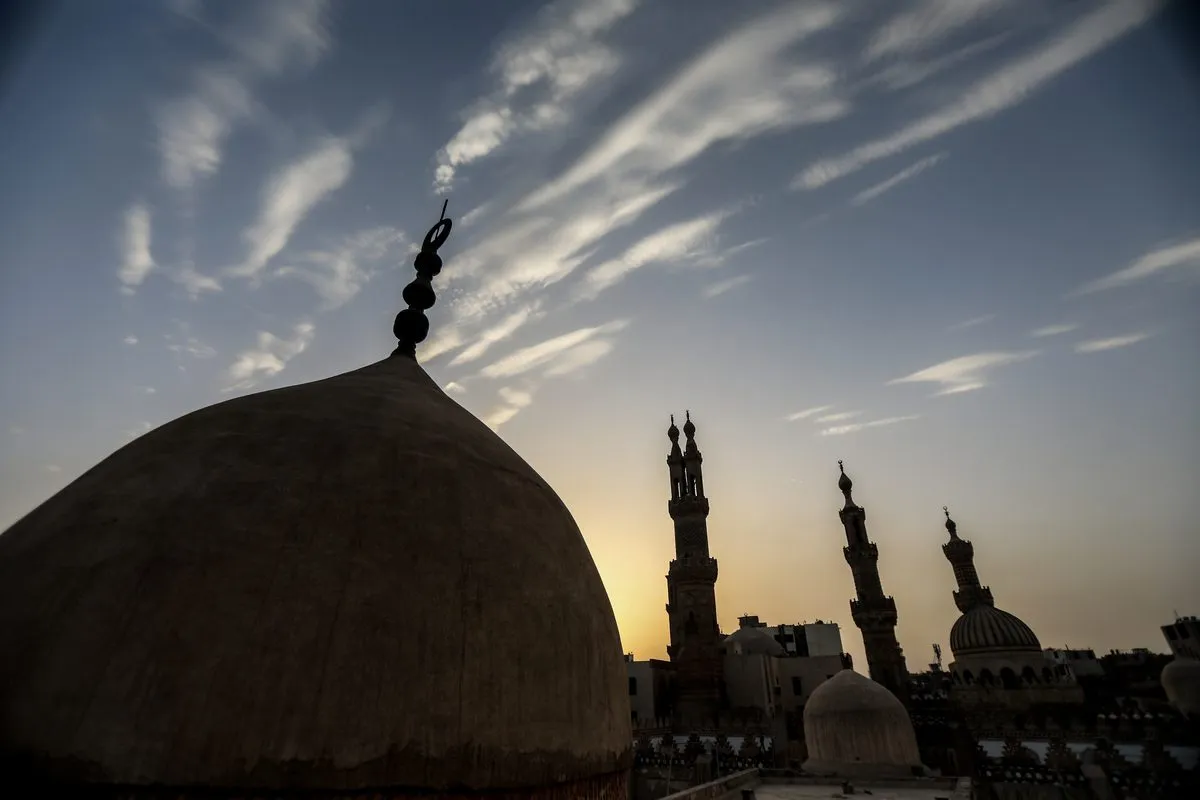






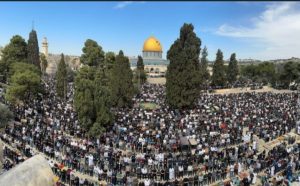


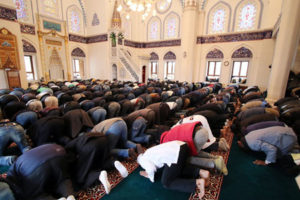
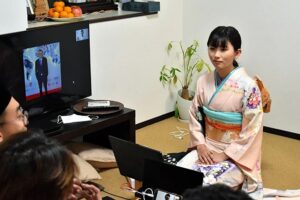
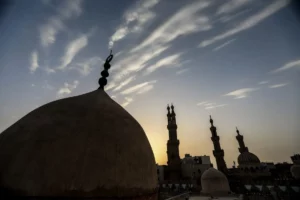
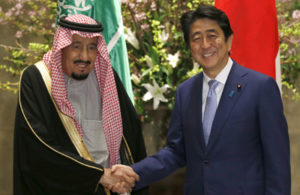







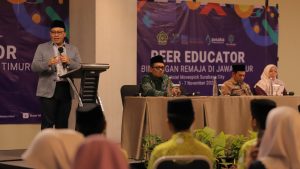







 Mina Indonesia
Mina Indonesia Mina Arabic
Mina Arabic